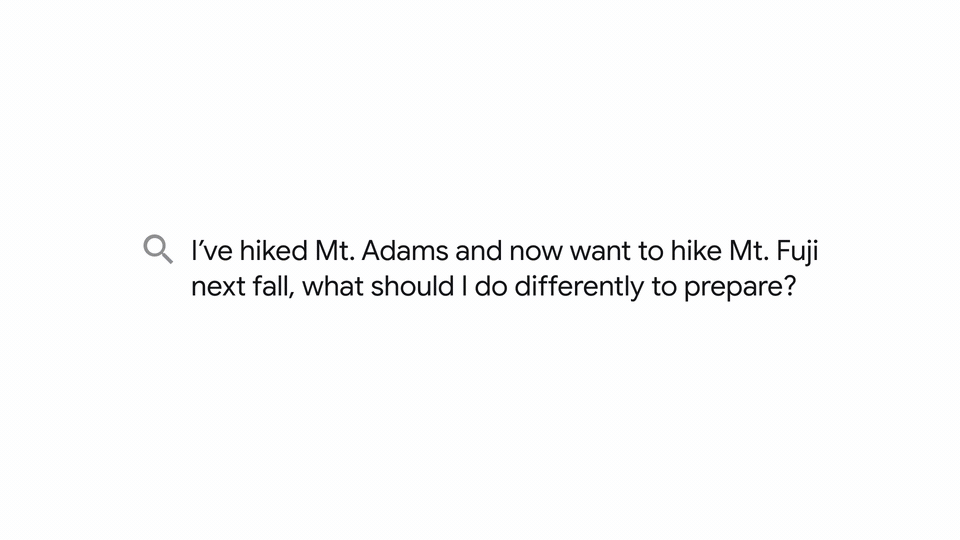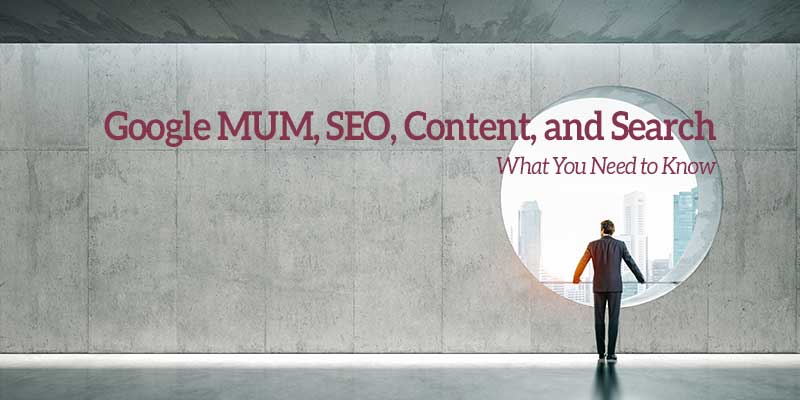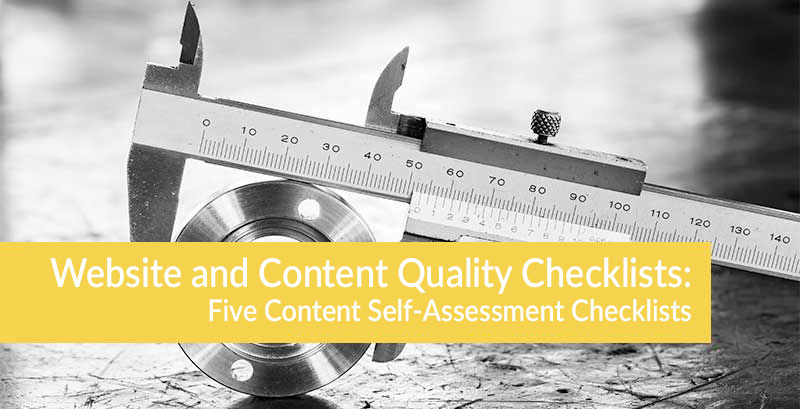Learn the facts on Google MUM and how it impacts your SEO and content strategy
New Search technology is coming from Google. At I/O 2021, Google revealed the work the company is doing into AI and improving search results.
Google says Multitask Unified Model (MUM) is a new AI milestone for understanding information. While MUM is not live and has not been rolled into any Google products, it’s important to understand MUM and how it could impact SEO, content, and search.
In this blog we tell you what you need to know about MUM, provide a refresher on BERT and natural language processing, explain how MUM could change search, and what you can do today to get ready for MUM.
What is Google MUM?
Google MUM is new search technology for answering complex search queries. With Multitask Unified Model (MUM), Google hopes to give people an improved and simplified search experience.
Google says on average people use eight queries to answer complex questions and tasks. The goal with MUM is to simplify this search experience – giving people a deeper and more comprehensive answer to their queries.
Here is how Google explains how MUM can help:
Today’s search engines aren’t quite sophisticated enough to answer the way an expert would. But with a new technology called Multitask Unified Model, or MUM, we’re getting closer to helping you with these types of complex needs. So, in the future, you’ll need fewer searches to get things done.
What about BERT and Natural Language Processing?
In 2019, Google announced BERT and explained how this search technology used natural language processing (NLP) to understand the context of the words used in a search query.
At the time, Google said BERT was the “biggest leap forward in the past five years, and one of the biggest leaps forward in the history of Search.”
And now with MUM, Google says this latest search technology is 1,000 times more powerful than BERT. MUM not only understands language but also generates language.
This has the potential for Google Search to act as a subject matter expert, giving people detailed and comprehensive answers to complex search questions.
The MUM announcement, reminds us of what Google said about Search in 2019 during the BERT announcement:
At its core, Search is about understanding language. It’s our job to figure out what you’re searching for and surface helpful information from the web, no matter how you spell or combine words in your query. While we’ve continued to improve our language understanding capabilities over the years, we sometimes still don’t quite get it right, particularly with complex or conversational queries.
Why Google MUM Changes Search
Google MUM changes search because it:
- Is trained across 75 languages.
- Can accomplish multiple tasks at once.
- Reads and understands information across text and images.
- In the future will understand video and audio.
- Breaks down language barriers – learning from sources that aren’t written in the same language as the search query.
- Generates complex answers to search queries that can include search subtopics and supporting information.
Think of Google MUM as talking to a subject matter expert about your search query, allowing Google Search to dig deeper, getting all the information you need and didn’t originally think of but realized as a result of asking questions and talking – you do need.
Because Google MUM is multimodal, reading and understanding multiple languages and images, it is similar to connecting you with a network of global experts. It doesn’t matter where the source is, the source format, or the language of the source material – Google MUM can generate a complete answer using all information types.
Rather than simply returning a list of links, MUM will provide a narrative answer for the search query. The idea is this answer will go beyond the basic and give searchers the complete package of information.
This example scenario from Google highlights how MUM can help people get better answers faster:
You’ve hiked Mt. Adams. Now you want to hike Mt. Fuji, next fall, and you want to know what to do differently to prepare. Today, Google could help you with this, but it would take many thoughtfully considered searches – you’d have to search for the elevation of each mountain, the average temperature in the fall, difficulty of the hiking trails, the right gear to use, and more. After a number of searches, you’d eventually be able to get the answers you need.
But if you were talking to a hiking expert, you could ask one question – “what should I do differently to prepare?” You’d get a thoughtful answer that takes into account the nuances of your task at hand and guides you through the many things to consider.

Google MUM changes search by taking it from searching to researching, learning, understanding, and communicating.
How Google MUM Impacts Your SEO, Content, Search, and Digital Strategy
Even though Google MUM is not being used right now, this new search technology does have impacts for your SEO, content, search, and digital strategy:
- SEO strategy: because all languages and content types are accessible, you need to make sure you’re using strategic SEO across all of your content resources. Podcasts, videos, images, blogs, and even social media posts can potentially be used by MUM to provide answers to search queries.
- Content strategy: you need to put an emphasis on search intent. Know what your readers are searching for and provide this information in the most understandable and readable format(s). This means you’ll need to go beyond basic content and think about your subject matter from all angles – as both an expert and a newcomer.
- Search strategy: your competitors are no longer limited to your language – now you need to consider global competitors who, like you, are subject matter experts. What is a company in Belgium or Taiwan doing to meet search intent in your domain? How can you differentiate your content to clearly identify your website and digital resources as the obvious subject matter expert?
- Digital strategy: you need to think beyond words on the screen. Because MUM can read, interpret, and understand images, video, and audio, your content types may need to change. Know when a video is better than a blog post or how to convert a 1,500-word blog post to an infographic and audio file that can be easily translated into other languages.
Ultimately, Google MUM has the potential to connect people with multiple experts at once. So, you need to differentiate yourself – this requires strengthening every aspect of your online presence and thinking beyond the basics of digital communication.
What You Can Do Now to Prepare for Google MUM
To prepare for Google MUM, you need to first remember this key phrase – do not panic. MUM is not live, and Google will tell us when MUM is being rolled out.
So, this means you have time to thoughtfully and expertly strengthen your content, SEO, search, and digital strategy.
Right now, we want you to focus on the cornerstones of optimizing for Google and your readers:
- Search intent. Create content that meets the queries people want Google to answer. Audit your content and look for information gaps and where you can strengthen your content to become a comprehensive information source.
- Keywords naturally. The context of your keywords and how you use them really matters. Google Search is intelligent and can easily spot keyword-stuffed content or content that does not deliver quality information. Create content that delivers on relevancy, substance, and expertise.
- User experience. Google has repeatedly stressed the importance of a positive user experience. If you haven’t yet, you need to audit your site and content for Google’s Page Experience and Core Web Vitals metrics. Use our Google Page Experience Update checklist to make sure you’re giving Google and your readers a positive experience.
- Topic clusters and hubs. With Google MUM and BERT, you need to establish your website as the subject matter expert and authority. Topic clusters and hubs allow you to create central resources for your specialized content areas. A content hub like our SEO Guide is a one-stop comprehensive information resource for Google and readers.
- Mobile matters. You need to know how your readers are searching and consuming content. More and more people use their mobile devices to ask questions and learn. Your content must be easy to access and understand across all devices. Additionally, think about the best ways to provide content for your target readers. Do they prefer videos and images over blog posts and how can these be optimized for mobile?
- Technical SEO. It must be easy for Google to find, crawl, index, understand, and rank your website. This is what effective technical SEO does for you. Make sure key technical SEO factors including accessibility, crawlability, an XML sitemap, site speed, site security, and mobile friendliness are a priority. Use our 8-step checklist to optimize your technical SEO, ensuring your site can be found, crawled, indexed, and ranked.
As this example from Google highlights – all types of content matter:
MUM is multimodal, which means it can understand information from different formats like webpages, pictures and more, simultaneously. Eventually, you might be able to take a photo of your hiking boots and ask, “can I use these to hike Mt. Fuji?” MUM would understand the image and connect it with your question to let you know your bikes would work just fine. It could then point you a blog with a list of recommended gear.

The Google MUM announcement is a foreshadowing of what is to come and hints at how people will use search engines differently. This means you need to put a priority on creating content that helps.
There is no room for filler content – search engines like Google are too smart for this and like your readers, only want to read content that solves problems and complex queries.
We’re here to help you. Contact us or call us to talk about SEO, content, search, and your digital strategy.



